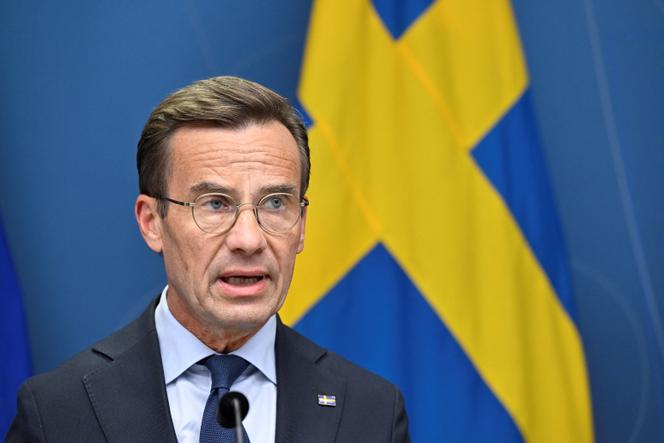


After a summer marked by a series of attacks on the kingdom's diplomatic representations abroad, as well as threats made by various Islamist organizations, Sweden raised its terrorist alert level one notch on Thursday, August 17, from three to four on a scale of five.
At a press conference, the head Swedish Security Service, Charlotte von Essen, said that the decision had not been motivated by any particular incident, but by the fact that the risk of an attack "committed by violent Islamist actors has increased" during the course of 2023. This threat was "likely to persist for a long time," she added, pointing out that Sweden, which had previously been seen as "a legitimate target" by Islamists had become "a priority target."
At the end of 2015, the alert level had been raised for a few months, due to threats emanating at the time from the Islamic State group. The situation is different today: "Sweden is not only mentioned as part of the Western world but is also referred to much more clearly in exhortations and propaganda," said Ahn-Za Hagström, head of the National Terrorist Threat Assessment Center.
At issue: the police-authorized burning of the Quran in front of the Turkish Embassy in Stockholm in January, then in front of the capital's largest mosque at the end of June, and in front of the Swedish parliament a month later. These acts, "considered to be desecrations," have "contributed to the image of Sweden as an Islamophobic country," said Hagström.
On Thursday afternoon, conservative Prime Minister Ulf Kristersson described the situation as "serious" and revealed, without going into details, that plans for an attack "had been foiled." He only mentioned "arrests in Sweden and abroad." In early April, five men suspected of planning a terrorist attack were arrested in Eskilstuna, west of Stockholm. Four of them were remanded in custody. They were released at the beginning of August, but the investigation is ongoing and "suspicions remain," said the public prosecutor.
The decision to raise the terrorist alert level comes just days after al-Qaeda urged Muslims "in Sweden, Denmark [where the Quran was also burned] and throughout Europe" to exercise their "duty of vengeance" against the two Scandinavian kingdoms, described as "despicable little countries, which are no more than two small stains on the world map." The leader of Lebanon's Hezbollah, Hassan Nasrallah, called for the "punishment" of those responsible for the Quran burnings.
You have 49.67% of this article left to read. The rest is for subscribers only.
